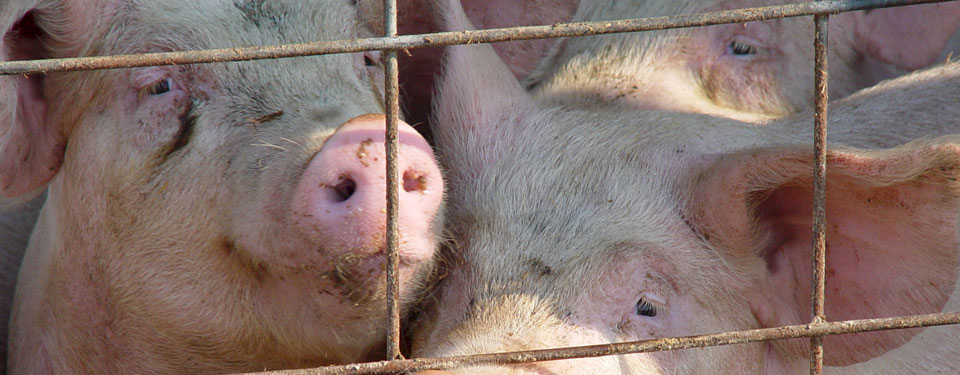Manure & Odor Management

Animal agriculture plays an essential role in the US economy. An integral part of sustainable agriculture and sustainable rural areas is the management and utilization of animal wastes. Poorly managed animal manure can negatively impact air and water quality. Manure management refers to the careful capture, storage, treatment and use of manure (liquid, slurry or solid form) to obtain its full value as a crop nutrient without causing unacceptably high levels of water and air pollution.
USERRG is a one-stop resource for manure, nutrient and odor management technologies in the USA. Our innovative technologies (OdaLock™ WP-1, OdaLock™ SRT855) focus on practical, economically feasible and environmentally-sound manure treatment that enables producers to increase productivity, lower production costs and satisfy Federal, state, and local air and water quality protection regulations. Better air and water quality = healthy happy livestock, producers and neighbors. Our technologies serve beef, dairy, poultry and swine producers.
Environmental and practical advantages of our technologies
-
Scientifically proven rapid and sustained reductions in potentially toxic hydrogen sulfide (H2S), ammonia (NH3) and methane (CH4) gas emissions generated from the anaerobic digestion of manure, helps protect air quality.
-
Reduced gas emissions decrease ventilation requirements during winter resulting in reduced heating costs.
-
Decreased gas toxicity related livestock mortalities increase productivity.
-
Decreased pit/lagoon foaming and crusting reduces the need and costs associated with additional foam/crust reduction treatments.
-
Increased pit/lagoon microbial health and chemical activity improves anaerobic digestion reducing and preventing sludge/solid build-up.
-
Handling liquefied manure decreases production costs by reducing time spent agitating, pumping and hauling.
-
Fertilizer quantity and value is increased by removing additional manure from the pit/lagoon that would otherwise remain as undigested solids.
-
Prevents atmospheric and rainfall runoff related N and P losses.
-
Reduces the risk of groundwater, surface water and drinking water contamination compared to untreated manures, as the nitrogen (N) and phosphorus (P) in the manure is more stable.
-
Reduces or eliminates the need to purchase additional commercial fertilizer for crops.
-
May improve crop use of N and P relative to commercial fertilizers or untreated manure; because the stablized N and P in the manure releases slowly as soils warm and crops grow.
-
Improves crop and soil productivity through increased water-holding capacity, microbial activity and diversity and greater nutrient availability and retention.
-
Aids compliance with Federal, state, and local regulations on manure application.

